Not only for athletes but also for everyone, taking care of the diet is essential.
And in diet, protein is always the top concern in the ingredients we need to consume every day.
You lack protein, or excess protein will cause negative effects on your body and lead to a disturbed metabolism.
Especially for athletes, it is essential to pay attention to the amount of protein you eat each day because it pretty much determines whether your training is effective or not.
You are certainly familiar with the role of protein for weightlifters; So, 1 day, how much protein should you eat enough to gain muscle, or not lack, or not excess to cause gout?

Each person's protein requirements are not very different. Still, it is also necessary to clearly define how much protein to eat each day to stimulate muscles and not be left or insufficient.
For many people, daily protein intake calculation doesn't seem so important as they don't seem to care how much they eat.
However, this is the principle of survival for those who are practicing sports because the reason you go to practice is healthy and beautiful. Meanwhile, protein plays an important role in helping muscles to grow. Now BellyFatZone invites you to refer to this article together!
Instructions for calculating how much protein a day should eat is reasonable.
This is how to calculate the amount of protein needed for 1 day for an average person's needs.
Adults (> 18 years old), completely normal health, sedentary or very little or no sport at all: need to consume about 1.1-1.5 grams of protein/kg of body weight. It is an essential source of protein for maintaining a healthy body.
Adults, having sports (about 3-4 sessions/week), want to lose fat, gain muscle: need to load about 1.7-2.2 grams of protein/kg of body weight.
If you are in the process of weight training, apply the two methods below:
- Mature female, completely healthy, the main goal is to train toned muscles, lose weight, gain muscle, maintain muscles, and have a balanced body: about 2.2-2.6 grams of protein/kg of weight is required. Body.
- Adult male, good health, the goal is to exercise to have big, toned muscles, increase muscle to lose fat, maintain muscle after fat loss, increase strength: need to load about 2.2-3.3 grams of protein/kg of body weight. Bodyweight.
Now, take your weight x (multiply) by the right index for yourself above to determine the number of proteins to eat each day.
Example: If you are a man, weigh about 60kg, and are aiming to gain muscle, then you need to consume 60 × 2.2 or 60 × 3.3 = 132 – 198 grams of protein/day.
Note that the number of kilograms of your body weight should be the number of lean body weight pounds.
If you are heavyweight due to too much fat, you should take the number of bodyweight kilograms = the desired number of bodyweight pounds.
For example, right now, you are weighing 70kg but too much fat. You want to reduce fat to 65kg. So take the number of kilograms of body weight at this time is 65 to calculate the total protein intake for each day.
Read more: Does Protein Help Muscle Recovery?
How does protein content affect calories and daily diet?
If you work hard to calculate the amount of protein to supplement your body every day, it is not enough. You need to balance the amount of protein to match the number of calories you need to consume.
Total calories = total calories in carbohydrates + total calories in protein + total calories in fat
1 gram of protein provides 4 calories.
For example:
Your daily diet is 2,000 calories. If you eat 150 grams of protein in there, the body will automatically load in 150 × 4 = 600 calories. This means that the remaining 1400 calories must be loaded with carbs and fat.
Okay, now you know you need to adjust the amount of protein to suit your diet. For example, if you are on a low-carb or fat diet, you need to increase protein to help your body get enough calories.
If you are sick, too sick, you need to increase calories, add more protein.
Food sources of high protein are essential for bodybuilders.
- Meat
- Fish
- Egg
- Fresh milk
- Soybean
- Cereal flour gain weight
- Whey Protein
To choose a quality protein source, you should pay attention in addition to eating; you should add Whey and read the article on how to choose Whey.
How to determine the amount of protein needed by the body every day
It can be said that this is just an extra section for you to understand. All organs in the body need to use protein, which is why foreigners are always interested.
Part I: Determine the body's protein needs.
Here's the first rule before you even think about the following sections. You can apply the above method. Also, stay tuned for more updates.
1. Calculate your body's activity level
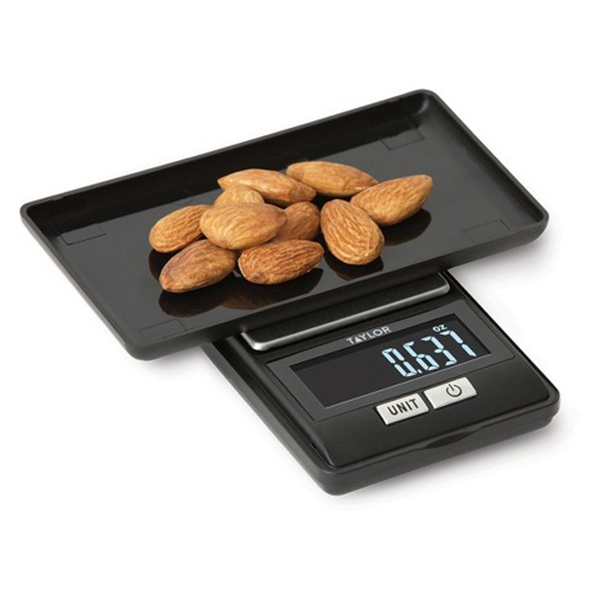
The intensity of activity in 1 day of the body determines how many calories you need to consume.
Protein also contributes 1 part of those calories, so your activity's intensity also determines how much protein you need to get.
- A sedentary lifestyle is when you don't participate in exercise except in everyday activities.
- The average activity consists of everyday activities plus walking about 2.5-5 km/day or doing other exercises.
- If you are active, you should walk at least 5 km/day or practice other exercises.
2. Weigh your body weight
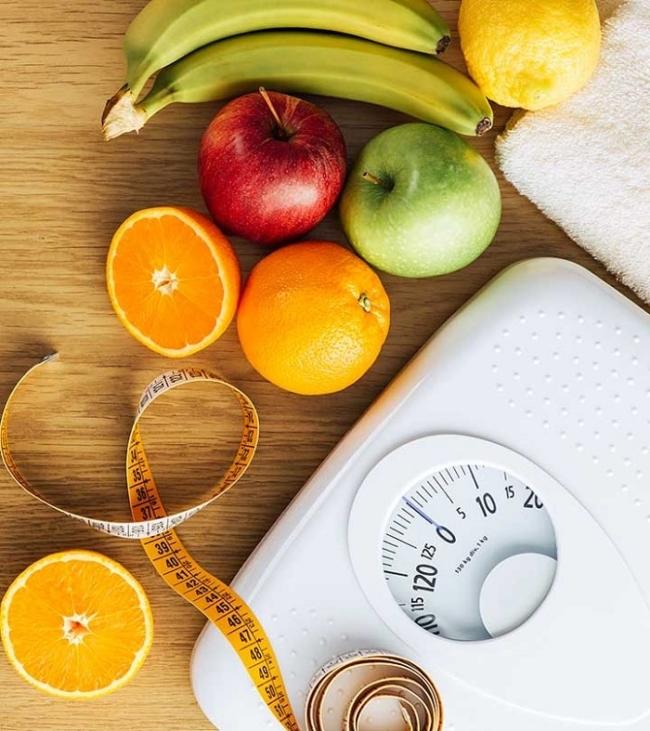
The formula for calculating the amount of protein needed for 1 day will depend quite a lot on your weight. You need to weigh and record.
3. Multiply your body weight by the intensity of your activity
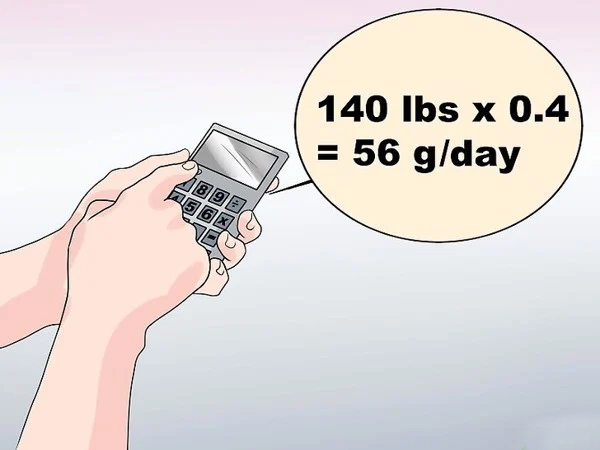
Each intensity of the activity will have a multiplier for you to calculate the amount of protein needed in grams.
- For the sedentary or the average person, the multiplier is 0.4. For example, if you weigh 140 pounds, the amount of protein per day is 56g.
- For people who mobilize a lot, the multiplier will be from 0.4-0.6. For example, if you weigh 140 pounds, the amount of protein/day is 56-84g.
Part II: Protein intake
This is the next part you need to pay close attention to because now you have to learn how to get protein. There are actually a lot of ways, and we have listed them on high-protein foods.
1. Eat meat

Meat is considered one of the greatest and most complete protein sources because it provides all the essential amino acids.
That is why gyms are encouraged to eat a lot of meat. However, diversity is still the last story. You should not just eat red meat but forget white meat, as well as fish. All needs balance.
2. Eat eggs

Eggs are considered a huge source of protein. One egg can provide up to 7 grams of protein. You absolutely can make a lot of dishes with eggs. In it, boiled eggs will be the best.
3. Drink a protein
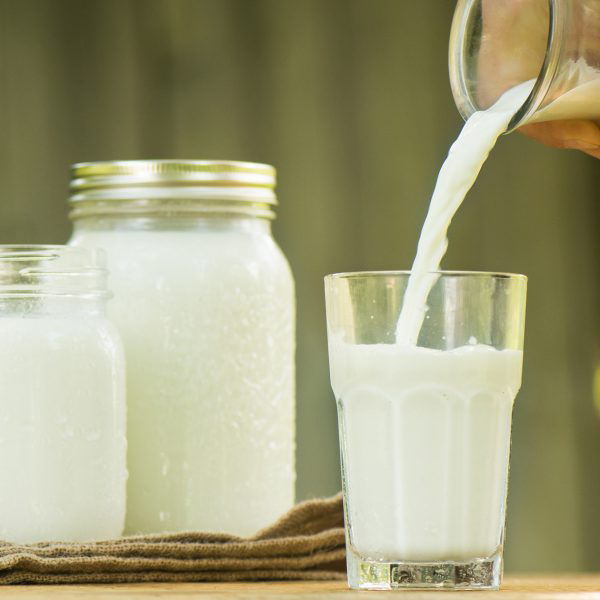
Fresh milk is rich in protein and nutrients, so if you do not have time and money, you can drink it. However, if you can afford it, choose to buy a whey supplement.
These are high-protein dairy products. Each scoop can provide up to 15 grams of protein. 1-2 scoops per day are more than enough.
4. Eat vegetables

You absolutely can take advantage of plant protein sources such as black beans, green beans, soybeans, seeds … You can grind them out to drink with hot water.
Many people use it to eat with other dishes such as salad.
5. Peanut butter

This is a significant source of protein for everyone, especially vegetarians. You can absolutely eat it with bread.
Part III: Protein monitoring
Regular daily monitoring will ensure you are on the right track for muscle gains. If not, you will easily fall into the situation of full days, short days.
1. Logging
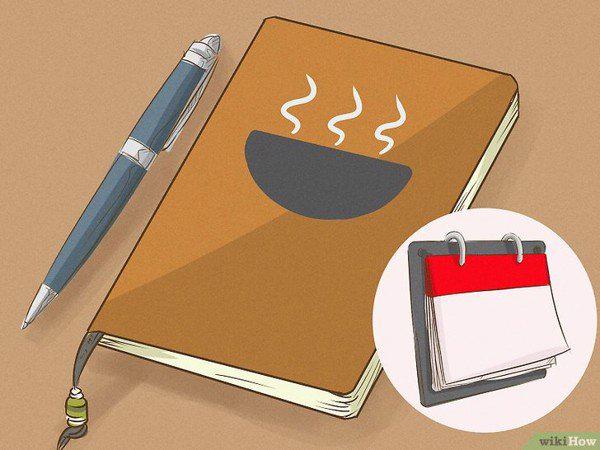
The diary here says what I ate. You should write down details on which days, how many grams of meat, fish you ate … This helps you balance the content. Besides, you can also ensure you are not missing.
2. Do not eat too much protein
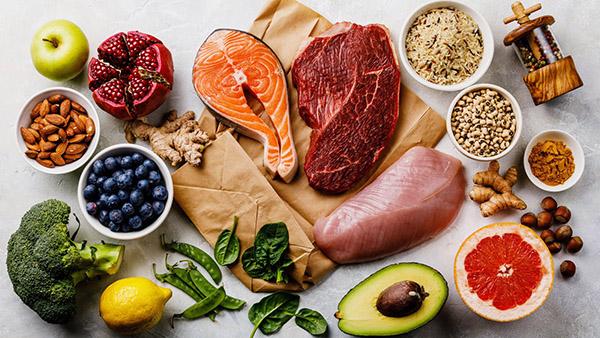
Eating a lot of protein is always important for muscles, but going from too much to too much protein is definitely on your way to harm the kidneys.
How Much Protein Do You Need Per Day?

So you already know how much protein you should eat per day, right?
View more:
- How to Lose Weight Without Gaining It Back?
- Whey and Casein Protein Powder – How to Store Whey Protein?
- Plant Protein Powder – You Can Make It Yourself At Home
Hopefully, the information above has helped you gain some more knowledge about “how do I calculate how much protein I need” and bring some small value to you. Please share this article if you feel it is useful. Thanks!






